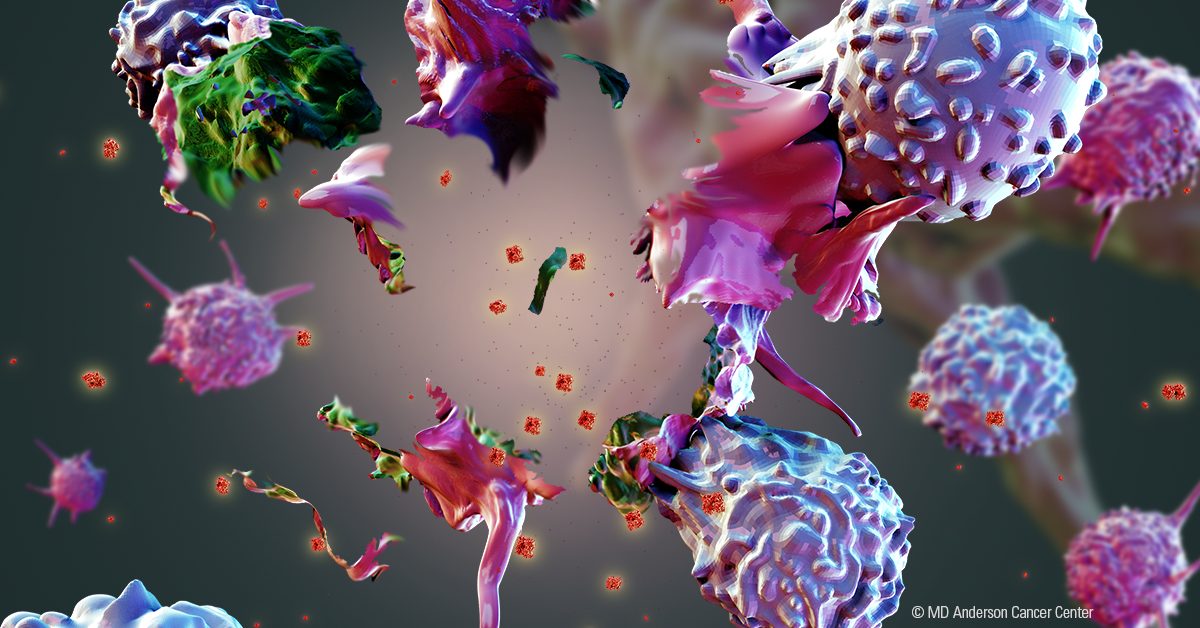Which cancers can be treated with immune checkpoint inhibitors?
Updated February 10, 2026
Immunotherapy is a type of cancer treatment that does not target the cancer itself, unlike traditional treatments. Instead, immunotherapy trains the immune system to fight cancer. Several types of immunotherapy are now approved to treat a wide variety of cancer types.
“At times, our immune system can become tolerant to cancer for various reasons,” says Aung Naing, M.D., who leads an immunotherapy...


22 research highlights from the past year
From unlocking the secrets of the tumor microenvironment to advancing new therapies to FDA approval, MD Anderson researchers are driven by...

How MD Anderson is powering breakthroughs in cancer research
Scientific discoveries are essential to driving advances in cancer care. From better screening and diagnostic techniques to innovative new...
Pre-Cancer Atlas: Plotting a course to intercept cancer
The route a cancer takes from its earliest stages to advanced disease is a long and winding road. Often, the first mutations or changes that send a normal cell on the path toward cancer occur decades before any diagnosis could be made.
Fortunately, our immune systems are able to recognize and eliminate most of these “pre-cancers” before we ever know they existed. However, some pre-cancers can evade detection, enabling them...


Cancer exosomes: mini cells packed with potential for treatment and diagnostics
First discovered in the 1980s, exosomes are microscopic spherical packages, called vesicles, released by all cells. Their normal role in the...

TIL therapy: 6 things to know
Adoptive cellular therapy is a form of immunotherapy that uses cells from our immune systems, such as T cells, as a treatment for cancer....

New research offers treatment advances for stomach and esophageal cancers
Stomach and esophageal cancers are diagnosed in more than 40,000 people each year in the U.S. Most of these cases aren’t detected until the...

How Therapeutics Discovery is developing targeted therapies for more cancer types
Discovering and developing new treatments for cancer is a difficult process with many obstacles. These challenges can slow the process of...

Targeted therapy venetoclax improving acute myeloid leukemia treatment options
Targeted therapies are designed to work against specific vulnerabilities in a cancer cell.
The targeted therapy drug venetoclax is...

New class of immunotherapy targets found in pancreatic and other cancers
For patients with pancreatic cancer, the benefits from immunotherapy treatments with immune checkpoint inhibitors or cell therapies have been...
